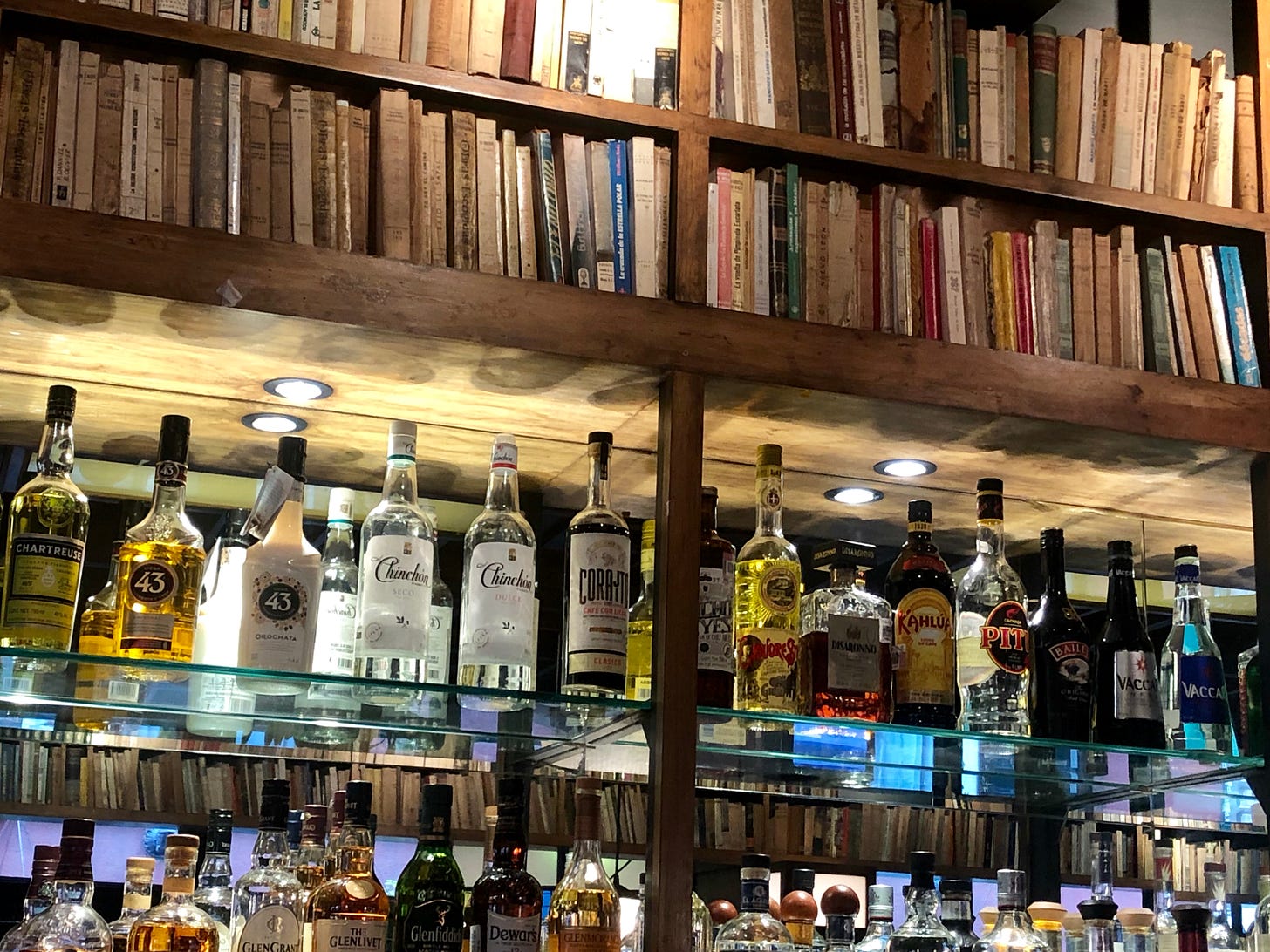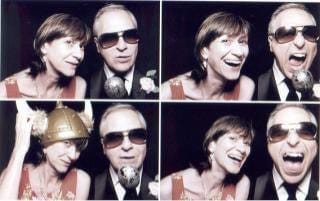A week or so ago, I took out my 50-year-old paperback copy of A Tale of Two Cities and read it cover to cover. Every brittle page in the first half came unglued and fell out. I rebound the book with duct tape and pressed all the pages back into place.
You know the beginning: “It was the best of times, it was the worst of times, it was the age of wisdom, it was the age of foolishness . . .”
You probably know the ending, too: “It is a far, far better thing that I do, than I have ever done; it is a far, far better rest that I go to, than I have ever known.”
In between these unforgettable lines, over the course of about 100,000 words (this being one of Dickens’ shortest novels), the characters dance in and out of an impossibly contrived plot, snippets of prose are repeated verbatim, and people can take forever to say something (anything!) they haven’t already said, often several chapters earlier. Suffice it to say, it was a long way from Dickens to Hemingway.
And yet. The scenes are vivid, the foreshadowing is harrowing, the symbolism embraces the universal. I was riveted till to the bitter end, even though I already knew the bitter end. Maybe it was the way Dickens kept weaving pattern after pattern, in both plot and word.
(First spoiler alert: the wrong head presents itself, willingly, to the guillotine.)
(Second spoiler alert: We could never get away with any of this today. We no longer live in the nineteenth century. Perhaps we live in the one prior. I felt a certain resonance between today’s political moment and all those depictions of the French Revolution descending into the vengeful chaos of the Terror.)
(Third spoiler alert: Off with my head! That is not today’s topic.)
To get back on the straight and narrow here, I have made the unsettling discovery that the words I sometimes think are the most vivid in my writing are often the worst possible choices. Take the verb “crushed” in my rough-draft depiction of a 13-year-old who is the first among a group of tweens to grow breasts: “She crushed a pair of boobs to die for under her T-shirt (etc., etc.).”
“I can’t see this,” my writing coach said, upon seeing this sentence.
What was I thinking? Crushing it—like killing it—when you nail a dance move? In any case, it sounded like I was sending a 13-year-old to get a mammogram. (In case you are male or young or for some other reason have never experienced this procedure, let me just say a lot of crushing of the body part in question takes place.)
The lesson here: You cannot ask a verb to do a job if you cannot picture the agent actually doing it. Like “He fell out of his chair,” to describe surprise. (Although I myself did fall out of a chair once. But I was drunk, so it doesn’t count. Did I just make that incident public? I guess I did.)
In the photo you see here, my friend and I really are crushing it on vocals. You can see it. Can’t you? If not, you’ll just have to take my word for it.
Anyway, the point with any word choice is to get the reader to see it, hear it, taste it, feel it. (Am I forgetting something? Oh, right. Smell it. As in, certain word choices stink.)
One of the best resources I’ve found here on Substack for this topic is Nina Schuyler’s newsletter, Stunning Sentences. In her latest, she cites the sentence “A fully dressed woman walked out of the water,” from Toni Morrison’s Beloved.
Think about it. No fancy verb, no extra detail (not even a color)—room even, for an adverb. And yet this simple sentence paints a picture so vivid all you want to do is find out more.
The best way to become aware of which word choices work, I think, is to show your writing to that much-touted second set of eyes. They are touted for a reason. When you read that nifty word out loud and say “Wow, what a great word!” and your second set of eyes (and ears) says, “WHAT?” that’s when you know it’s a stinker.
Alternatives to hiring a coach (yes, it is expensive) are writing partners, groups, workshops. I am still looking for the right ones. I also have the privilege of great feedback from the readers of my blog, who tell me immediately if I have put something up there which they just can’t visualize. (Or—happily—the reverse. Please see Third Place Cafe Stories. Can you see it?)
To sum up here: The best of words? The worst of words? Whoops. Might be time for the guillotine.






